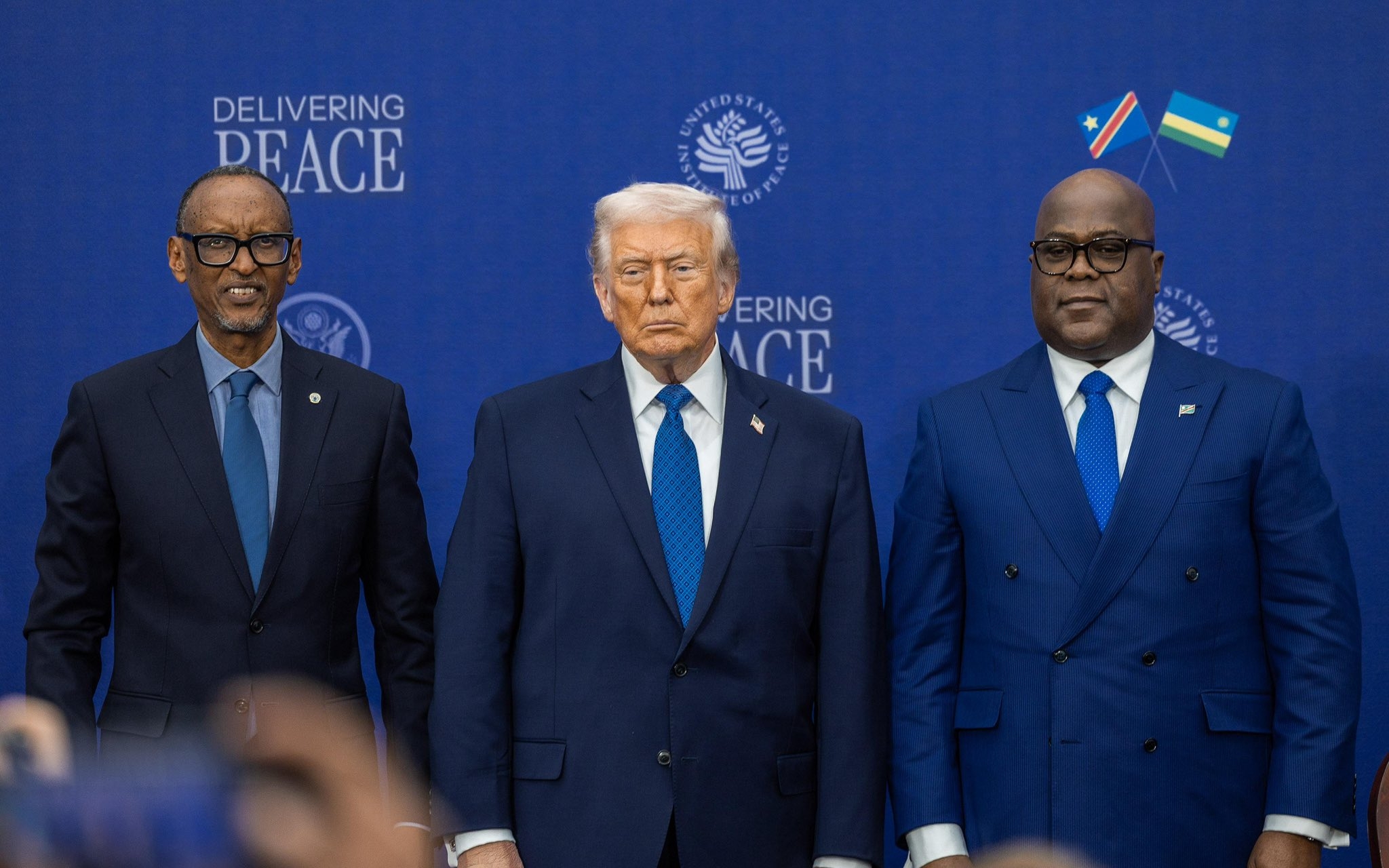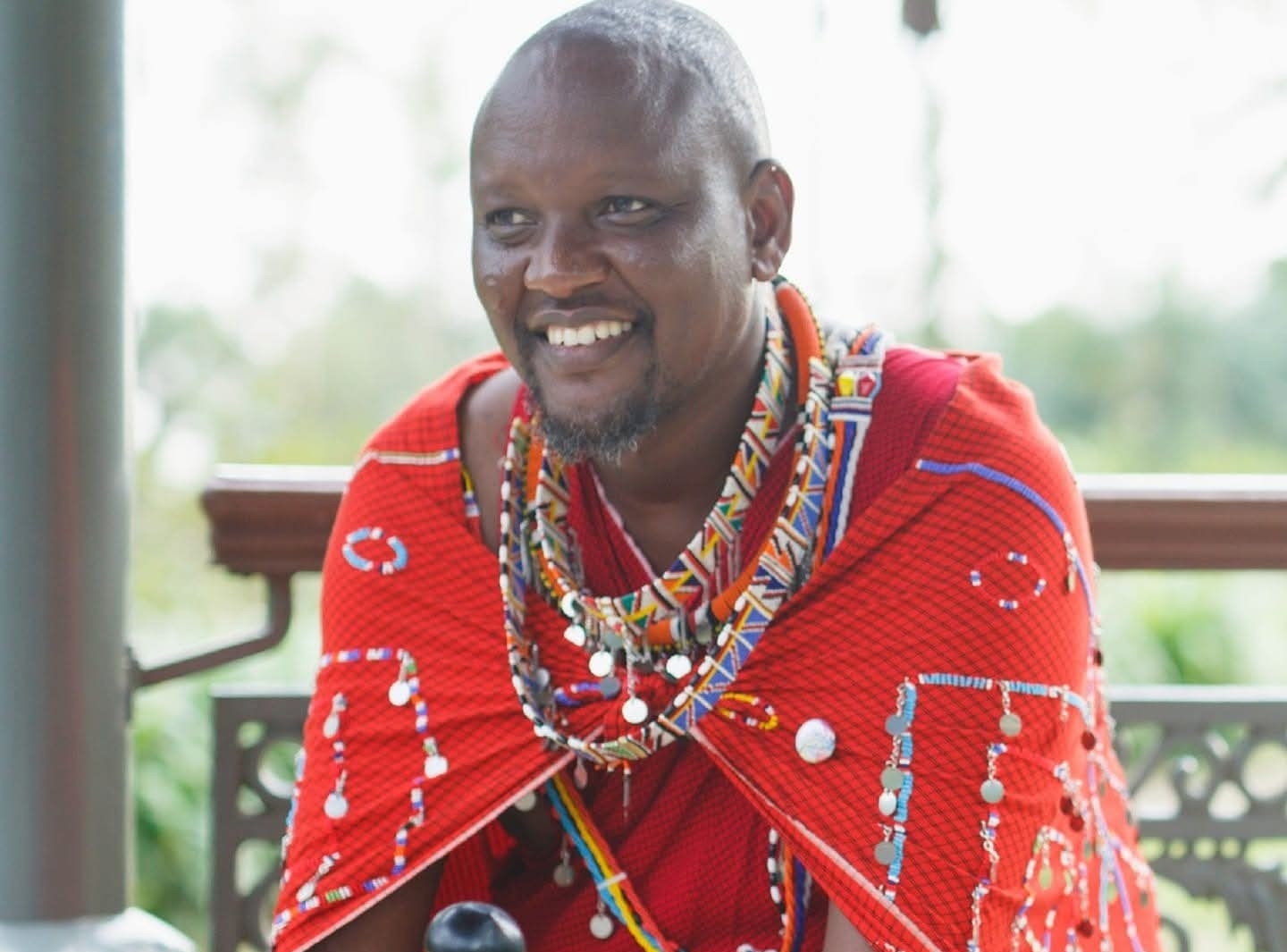Your pastor could soon be required to undergo a mental health assessment every year if a government report on religious affairs reform is implemented.
The report also recommends that the state institutes mandatory training on religious extremism.
The document compiled by the task force led by former MP Mutava Musyimi, says mental wellness of preachers should be ascertained by the state annually as a way of deterring cultic practices.
Such practices have been blamed for the deaths in Shakahola involving pastor Paul Mackenzie.
“Mental health assessments should be done annually on preachers as a measure to prevent unfit persons from practising,” the report says.
The state should make mandatory training on religious extremism for the religious leaders simple, accessible and be the basis of renewal of their practicing licence and that of their churches.
“The government should institute compulsory training for all leaders of religious organisations to promote awareness and prevention of religious extremism, cultic and occultic practices,” the report reads.
Members of the churches are also to be covered in the mental health drive.
Congregants whose pastors have been declared to be extreme and occultic should be counselled at the expense of the state.
“Counselling psychology interventions should be enhanced to support the victims of cultic and extremist practices. This helps with the rehabilitation and reintegration of those who disassociate from religious extremism and cultism,” the report says.
The report recommends that the state goes after the finances of the churches suspected of cultic practices by conducting regular monitoring to flag any untoward operations.
The assets and the money of such churches and religious outfits should be repossessed by the state and reallocated to help their victims recover.
“The government should seize and reallocate the assets and finances of religious extremists to aid victims affected by extremist practices, cult behaviours and occult activities,” the report says.
The task force recommends that religious organisations self-regulate through umbrella bodies in the proposed law.
Besides formulation of a policy framework, the task force recommends the establishment of a Religious Affairs Commission through an Act of Parliament.
“The primary role of the commission is to provide a convergence point between the state and religious organisations for the sole purpose of oversighting religious organisations,” the report says.
Further, the report says despite the increased use of online platforms such as YouTube, Netflix and other social media networks to broadcast content, there are no provisions to regulate them.
“This continues to pose a challenge in monitoring the transmission of content that display religious extremism, radicalisation or the infringement of fundamental rights and freedom under the pretext of religion,” it says.
The report also wants the Communications Authority to be keen on regulating the channels and platforms used by religious organisations to disseminate their contents.
“The CA should be more proactive in overseeing the regulation of print electronic and social media, ensuring that content aired/disseminated aligns with national values. The CA should work closely with the Kenya Films and Classification Board to monitor and evaluate the content being broadcast.”
Other recommendations are the enactment of a statute providing clarity on registration requirements, transparency and responsible practice.

















